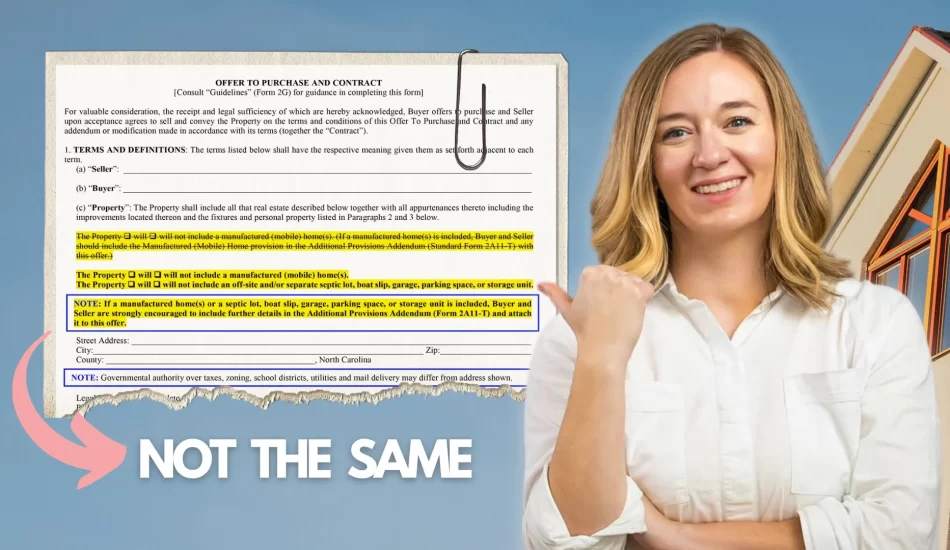|
|
Last Modified on Jul 07, 2023
In July 2023, North Carolina released an updated version of the Standard Offer to Purchase for Real Estate. These revisions aim to enhance clarity, address common issues, and prompt earlier discussions between agents and their clients. In this blog post, we will delve into the four most important changes that you need to know.
Exercise Equipment
With the increased popularity of in-home exercise equipment, disputes have become more common regarding whether the buyer or seller gets to keep the equipment when it is, for all intents and purposes, a fixture under paragraph 2(a). The new contract specifies that exercise equipment that is attached to the home will be a part of the sale by default. This isn’t your Peloton and rowing machine, but rather items like pull-up bars that are physically attached to the property. Listing these items specifically will help agents have earlier discussions with their clients, and make clear that any attached equipment will be transferred to the buyer at closing.

Material Encumbrances
In some cases, buyers may attempt to exploit minor encumbrances, such as a small fence encroachment, to back out of a contract after the due diligence period. To prevent such scenarios, the revised contract clarifies that the seller is only obligated to convey the property free of material encumbrances, meaning defects that actually affect the value of the property. This change protects sellers from unnecessary termination attempts and encourages fair and informed negotiations.
Additional Provisions Addendum
Checkboxes have been added to indicate whether the sale will include an off-site and/or separate septic lot, boat slip, garage, parking space, or storage unit. A note has also been added advising the parties to attach the Additional Provisions Addendum if the property includes any of the mentioned features. Both Joint Forms and the Forms Committee agreed that these new checkboxes should prompt agents to have earlier discussions with their clients about these issues and avoid last minute closing snags.

Lease Disclosure:
Recognizing the importance of lease information in a real estate transaction, a new paragraph, 7(e), has been added. This new paragraph ensures that all parties (including the closing attorney) are aware of whether the property is subject to a lease.
By understanding these key changes, you can navigate transactions more confidently and mitigate potential issues that may arise during the closing process. For a comprehensive breakdown of all the updates, we invite you to watch our YouTube video, where we explore each of these modifications (and more) in detail.







